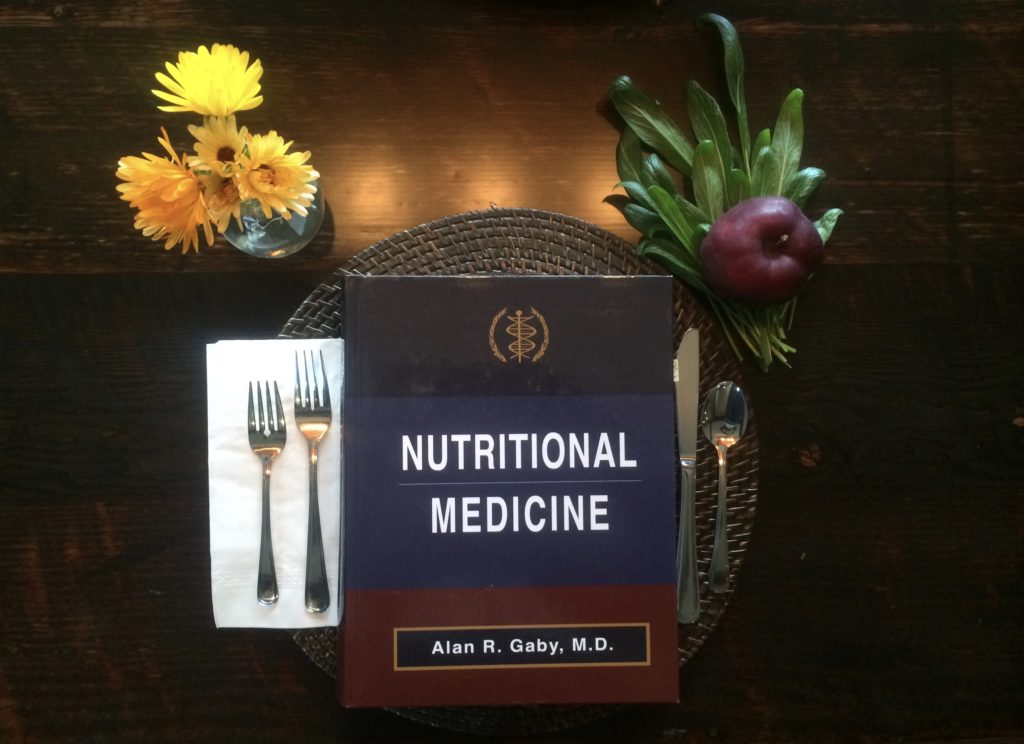Zinc is a cofactor in over 100 transactions in the body, promotes growth hormone, plays a role in DNA synthesis, supports a healthy immune system; contributes to a sense of smell and taste and helps hormones do their work.
Zinc plays a role in your:
- Immune
- Skin
- Hormone health
Immune
Short term zinc deficiency reduces your immune system’s ability to ward off infection. Due to its direct antiviral properties, it can be assumed that zinc is beneficial for most of the population, especially those with suboptimal zinc status. Long term, low levels of zinc in your body increases inflammation and influences the severity of a number of inflammatory diseases such as rheumatoid arthritis. It is too early to tell if it helps fight off COVID-19, but researchers have a close eye on this. An evaluation of a zinc to copper ratio in the blood serum can tell if inflammation is present. Your MD or ND can requisition this blood work for you.
Skin
Skin is a zinc abundant tissue in the body and its deficiency is linked to a number of skin issues like acne, alopecia and delayed wound healing. Zinc is essential for your “inside” skin too. It preserves the lining of your gastrointestinal tract and prevents and is used to help heal a leaky gut.
Hormones
Zinc assists in proper function of insulin and makes thyroid hormone active (helps convert T4 to T3). The low levels of zinc and high levels of leptin in obese individuals illustrate a critical relationship between zinc and leptin. Leptin is the hormone that tells us we are “full” or satisfied with our meal. Zinc is critical in sperm production and the health of the prostate gland some studies show it has the ability to help suppress prostate cancer.

Where do I get zinc?
Foods sources of zinc include: shellfish, fish, red meat. Plant sources such as whole grains, legumes, nuts are less bioavailable due to phytic acid binding.
Lozenges sweetened with citric acid, mannitol, or sorbitol don’t work as well as those sweetened with glycine. You may also get it in a capsule. When taken on an empty stomach, zinc can cause nausea. Long term supplementation with zinc can deplete copper status. Always follow your medical professional’s advice for what dose, duration and timing is best for you.
Dr. Laura M. Brown, is a registered naturopathic doctor (ND) in Guelph with a functional medicine approach. She focusses on stimulating the body’s natural mechanisms to repair damage and rebuild health. She is a published author of Amazon’s bestselling Beyond Digestion, a HeartMath Certified Practitioner, a level two Certified Gluten Free Practitioner and holds the designation of ADAPT Trained Practitioner from Kresser Institute, the only functional medicine and ancestral health training company. More at www.southendguelph.ca
Disclaimer: Information in this post is provided for informational purposes only. This information is not intended as a substitute for the advice provided by a registered naturopathic doctor or other healthcare professional.
References:
https://reference.medscape.com/drug/galzin-zinc-344449#90 accessed Nov 11, 2020
Baltaci, A. K., Mogulkoc, R., & Baltaci, S. B. (2019). Review: The role of zinc in the endocrine system. Pakistan journal of pharmaceutical sciences, 32(1), 231–239.
Costello, L. C., & Franklin, R. B. (2006). The clinical relevance of the metabolism of prostate cancer; zinc and tumor suppression: connecting the dots. Molecular cancer, 5, 17. https://doi.org/10.1186/1476-4598-5-17
Ogawa, Y., Kinoshita, M., Shimada, S., & Kawamura, T. (2018). Zinc and Skin Disorders. Nutrients, 10(2), 199. https://doi.org/10.3390/nu10020199
Paola Bonaventura, Giulia Benedetti, Francis Albarède, Pierre Miossec, Zinc and its role in immunity and inflammation, Autoimmunity Reviews, Volume 14, Issue 4, 2015, Pages 277-285, ISSN 1568-9972,https://doi.org/10.1016/j.autrev.2014.11.008. (http://www.sciencedirect.com/science/article/pii/S1568997214002808)
Scott A Read, Stephanie Obeid, Chantelle Ahlenstiel, Golo Ahlenstiel, The Role of Zinc in Antiviral Immunity, Advances in Nutrition, Volume 10, Issue 4, July 2019, Pages 696 -710, https://doi.org/10.1093/advances/nmz013
Wessels, I., Rolles, B., & Rink, L. (2020). The Potential Impact of Zinc Supplementation on COVID-19 Pathogenesis. Frontiers in immunology, 11, 1712. https://doi.org/10.3389/fimmu.2020.01712




